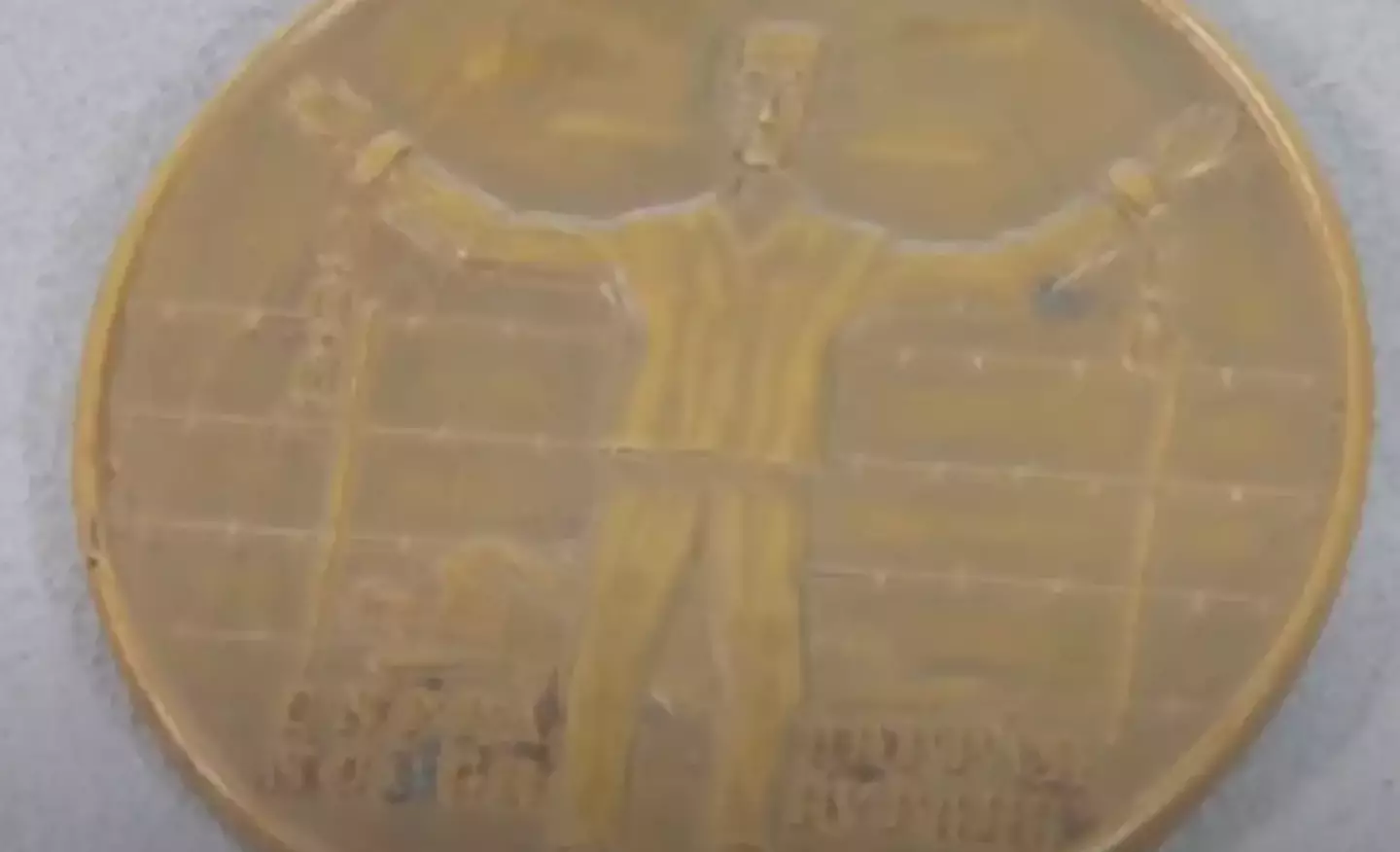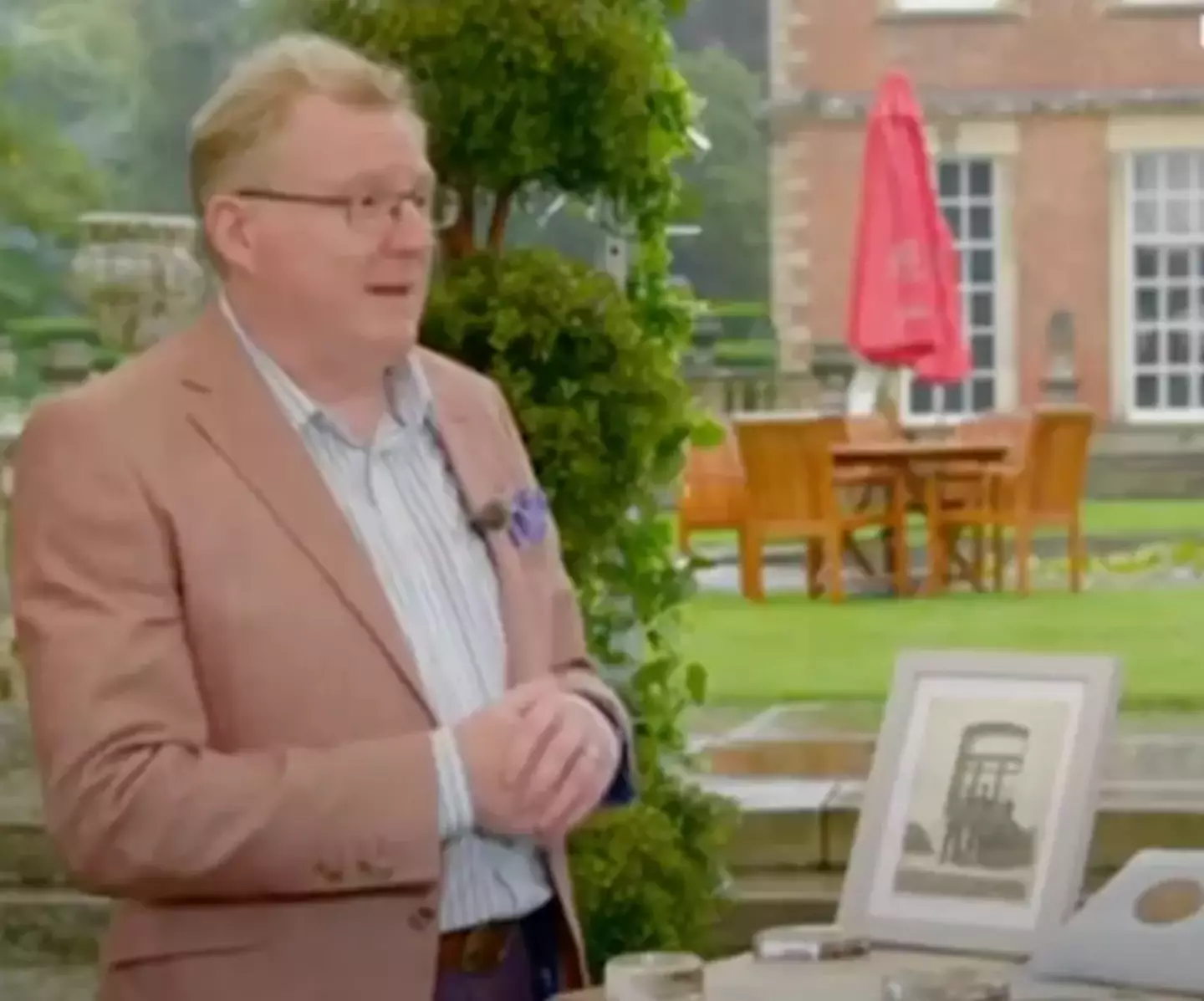A mother and daughter seeking to earn some extra money from their antiques soon discovered why their ‘mystery’ item could not be appraised after consulting with an expert.
Shows like Storage Wars and Antiques Roadshow in the UK are prime examples of why you should be cautious about discarding anything.
What may be considered old and insignificant by one person could hold significant value for another. This was the exact hope of one mom and daughter when they participated in BBC’s Antiques Roadshow in 2021.
The duo decided to appear on the show after finding potentially valuable items among the belongings of a relative who had passed away earlier in the year.
Yet, when they showed a specific item to military medals expert Mark Smith, he declined to appraise it.
The mother explained that they discovered a medal that ‘belonged to [her] grandad Tommy’ and the medal’s origin and significance had always been ‘a bit of a mystery’.
Upon examining the item, Smith disclosed that the medal, created in 1955, wasn’t awarded to Tommy but was instead ‘given to him as a present’.
Smith refused to assign a value to the item due to the context of why Tommy received the medal; it signified his affiliation with a ‘very rare group of people’ as they are ‘concentration camp survivors’.

Explaining further about the medal’s background, Smith elaborated: “Now this is in Belgium and this is a place […] which is just outside Brussels and like all other concentration camps it’s just as horrible. It had two gas chambers, it had firing post to execute people, it had gallows to hang people and it had torture chambers. And it’s still there.
“Now, your medallion, is the 10th anniversary medal for the liberation of concentration camps and they were given to people – Belgians – who had been in concentration camps.”
Smith pointed to an image of ‘a prisoner wearing a concentration camp uniform’ on the front of the medal, and a triangle with a ‘B’ on the back which indicated the wearer was Belgian.
“And then the color indicated what you were actually in prison camp for,” Smith continued. “So if the triangle is yellow, you’re Jewish, if it’s black, you’re a political prisoner, if it’s pink, it’s a homosexual. It’s a terrible regime.”

The expert added that in 1955, ‘a program was started to record the names of everyone who had perished in the Holocaust and they’re still doing it to today’.
“I think they’re up to about four-and-a-half million names now but that’s when it started and I have a feeling that that’s what this is for,” he says.
Regarding the item’s value, Smith informed the mother and daughter: “We always give you a valuation on the Antiques Roadshow, but we don’t give valuations for Holocaust things because there is no price you can put on what someone went through to be awarded that medal.
“So I can’t tell you what it’s worth but now you know what it is, I hope you think it was worthwhile coming to the Antiques Roadshow.”

